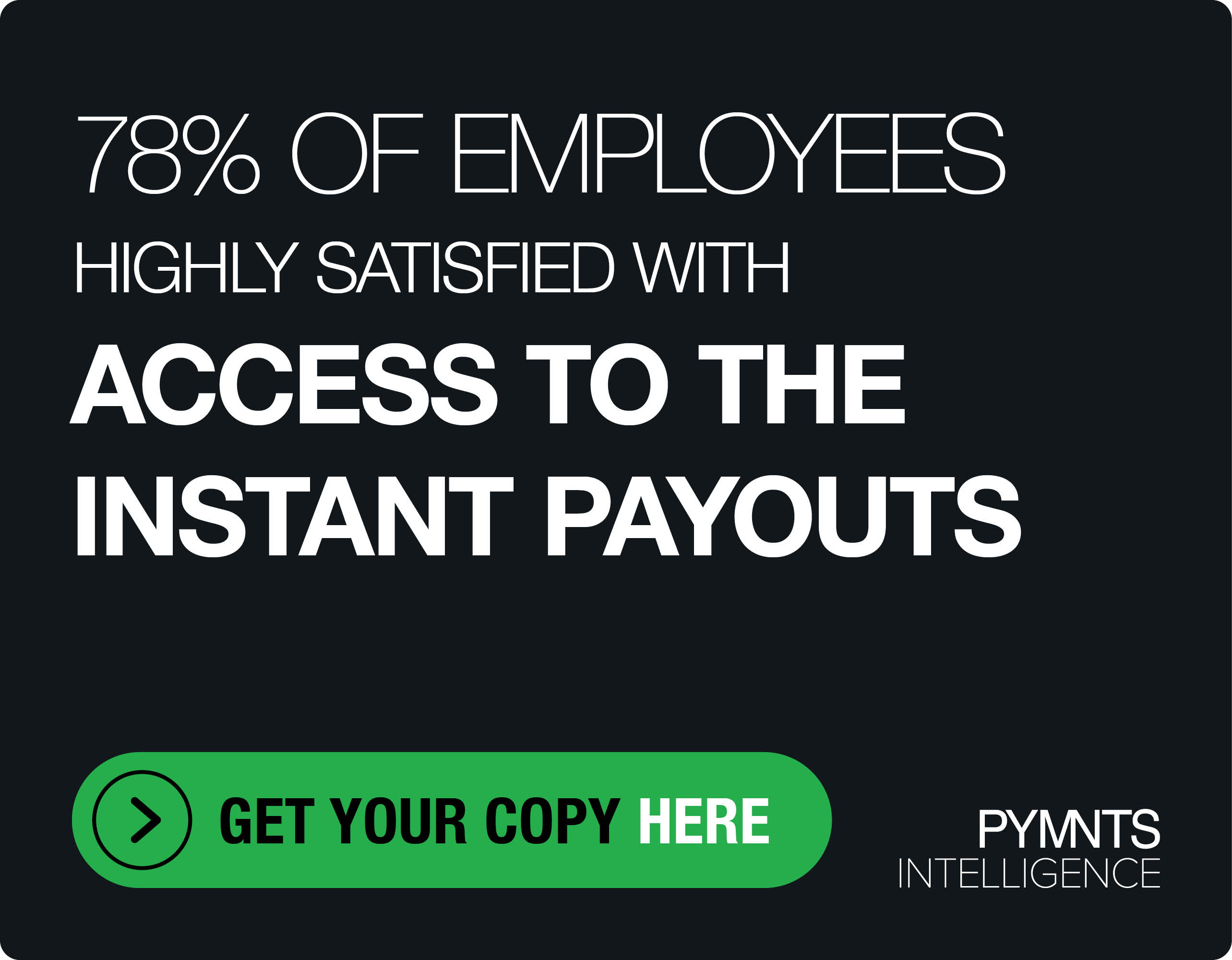D2C Brings Peace of Mind and Payment Plans to Pre-Owned Wedding Dress Market
For time immemorial the bridal industry in the U.S. has been a white-glove retail experience.
It’s a custom service and sizing model business model that’s often seen as the opposite of self-directed eCommerce, but not anymore.
This, as New York-based fashion resale marketplace PreOwnedWeddingDresses.com (POWD) is looking to reinvent the space — and itself — to facilitate these emotional purchases in the digital domain.
“Our previous model, which is common in a couple of marketplaces for used attire, was to have the buyer and seller transact directly with each other. We were just a listing service,” PreOwned Wedding Dresses Operations and Engagement Manager Melissa Martel told PYMNTS.
While the reseller is now part of brand aggregator A07 Media, POWD started in typical resale marketplace fashion, then discovered that the model didn’t work very well, especially for buyers, so it pivoted.
“We had to deal with people who were scamming, who tried to get checks for payments, and then the checks would bounce. It was heartbreaking,” Martel said.
Considering how far digital commerce and luxury resale has evolved, she said, leaving bride and seller to figure out payments and conflict resolution on their own — especially given the size of the tickets involved — “was a little nuts.”
Fast forward to the present, and POWD entered the new year with a newly unveiled business model where the platform handles the transaction with secure payment processing, ensuring purchases end to end and other peace-of-mind backing.
“If anything happens to the seller’s item, they are 100% insured,” Martel said. “If it’s damaged en route, if the buyer claims there’s damage, we have a process to handle that. That’s no longer something they have to muddle through and try and figure out themselves,” she said.
Like other high-end and high-value reCommerce platforms, POWD isn’t just working to put buyers at ease, but is also actively working to encourage sellers to clean out or monetize their closets too, as nurturing the supply side of the business is equally essential.
To that point, in addition to driving awareness of the platform through search and social channels, Martel said POWD is redoubling efforts with independent salons with sizable stocks to supplement inventory and sourcing beyond individuals selling their dresses privately, as luxury resale platforms must constantly source and authenticate quality used merchandise.
The Poshmark of Bridal
Built on Shopify, POWD now handles its own payment processing, disputes, returns and essentially everything that goes into buying that dream dress at a steep discount. Brides often have supplier gripes, and Martel said the direct-to-consumer (D2C) firm’s ability to mediate is central to building trust.
Asked how it’s different from Poshmark, Vestaire Collective and other high-end apparel resale marketplaces, Martel said, “We’re kind of the Poshmark of bridal, in a way. But what they’re not, is specialized and focused on brides, bridal needs, and everything that encompasses.”
It’s a two-sided specialization she says sets them apart from the competition.
“I have trawled Poshmark and other resale sites, but it can be an absolute nightmare to find [wedding dresses] because those sites don’t have a very specialized search or listing form that allows brides to go, OK, I’m going [to] check off a plunging v-neckline, a keyhole back from Vera Wang under $2,000 sizes 8 through 12. It’s very specific, and we can pull it up instantly where you could scroll for days on end on other sites” and not find that dress.
It’s not a knock against these other sites, which she admits to shopping all the time, but rather a matter of specialization and deep product knowledge that allows POWD to do bridal better.
‘27 Dresses’ Meets BNPL
Given that consumers now routinely break up $100 apparel purchases into installment payments, buy now, pay later (BNPL) is unsurprisingly an actively used feature of POWD, solving pain points for brides in a time of runaway inflation.
“What’s interesting about [our use of] Affirm and buy now, pay later options, is there are bridal salons that do offer [BNPL], but it’s not typical in any kind of resale marketplace. If you’re buying an item, it’s completely upfront. When it’s a $500 dress that’s not as difficult. But when you’ve got your eyes on a dress that [was originally] 15 grand and is now being sold for five grand, that’s steep.”
Like so many other retail purchases of new merchandise, she said POWD’s ability to offer 3, 6, 9, or 12-month installments puts sales within reach for sellers, while also tempting buyers to cash out and be paid in full up front.
“They may not have had that advantage on other marketplaces to sell their bridal dress. Same for salons,” she said. “They may not feel comfortable offering payment plans, but now there’s no risk in selling it through us because Affirm takes that on, and if a payment doesn’t happen that has nothing to do with us or the seller. It’s completely separate.”
Social selling is another avenue that POWD is testing in 2023. Martel said they’re talking to bridal influencers, looking for the right marriage of product knowledge and selling chops.
“In Q1 we’re going to be testing some things out,” she said. “Our goal is to highlight the ease of buying and selling on our platform while emphasizing the security that we’ve baked into it. We think there are a lot of people out there that want to share that type of story.”
Despite the currently gloomy economic outlook, Martel believes that people will continue to fall in love, form partnerships and get married, and if an affordable wedding gown worn once can help make that happen, in good times and in bad, all the better.
For all PYMNTS retail coverage, subscribe to the daily Retail Newsletter.
